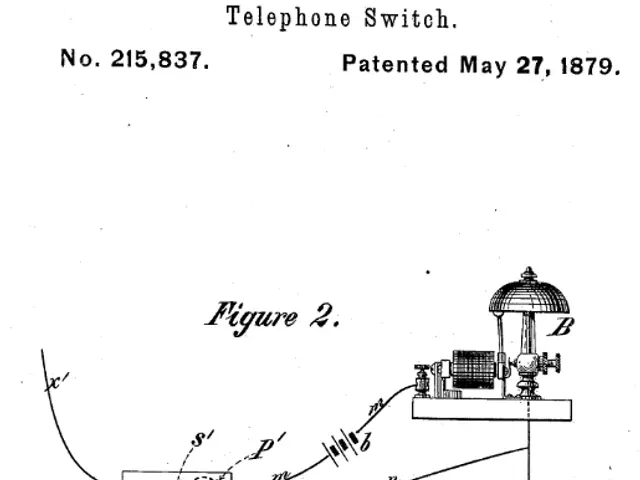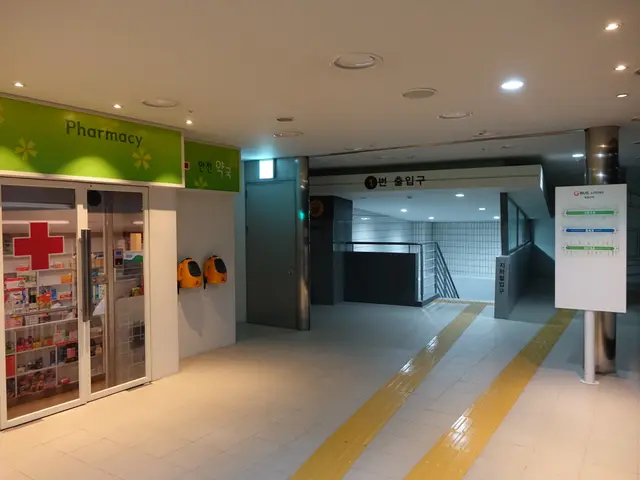Non-Verbal Pain Evaluation Method for Non-Responsive Patients: Breakthrough in Technology by Mr. Marko Höynälä through Kipuwex Company
Transforming Pain Assessment for the Non-Verbal:
Challenges in assessing pain in patients who can't communicate, such as young children and those with mental disorders, have long plagued the medical community. But Kipuwex - an innovative tech solution - is stepping up to the plate.
Kipuwex utilizes advanced sensors and algorithms to track physiological vitals that can indicate pain, for instance, heart rate, breathing patterns, blood pressure, and body temperature. This data, combined with behavioral indicators, like facial expressions or movement, offers an accurate and objective assessment of pain levels.
This comprehensive approach to pain management ensures the reliability of its data through rigorous clinical validation, continuous monitoring, cross-validation, user training, and feedback loops. The device boasts a user-friendly interface, designed to cater to both healthcare professionals and home users alike, seamlessly integrating with existing healthcare systems.
Kipuwex is backed by clinical evidence, demonstrating its impact on improving pain management, particularly in pediatric settings. Future developments aim to refine the technology further, with hopes for FDA approval and global distribution, revolutionizing the field of pediatric healthcare.
Innovation Unleashed:
“How does Kipuwex address the challenges of pain assessment in non-verbal patients?” Posing this question to Marko Höynälä, who shared:
- For young children with limited verbal abilities, Kipuwex employs advanced sensors and algorithms to monitor physiological vitals, such as heart rate and blood pressure.
- By analyzing patterns and trends across multiple data points, Kipuwex offers a nuanced understanding of a child's pain level, helping healthcare professionals provide timely, informed interventions.
- Based on established manual pain scales like Niapas and FLACC, Kipuwex evaluates facial expressions, leg movements, activity levels, crying, and consolability to provide an accurate pain assessment score.
Ensuring Precision and Reliability:
To ensure the accuracy and dependability of its pain data, Kipuwex relies on stringent clinical validation, continuous monitoring, cross-validation, user training, and feedback loops. By adhering to these quality control measures, Kipuwex promises a reliable, effective solution for pediatric pain assessment, particularly in critical care settings.
Pain Measurement Algorithm:
While specific details about the algorithm used by Kipuwex to convert physiological data into pain measurements are proprietary, the unique combination of advanced sensors, machine learning, and experienced data scientists sets it apart from competitors on the market.
Unique Advantages:
What makes Kipuwex unique is its exclusive focus on pain assessment in children and its commitment to developing a solution tailored to their specific physiological and behavioral indicators of pain. By addressing this gap in the market, Kipuwex offers a dedicated solution that empowers healthcare professionals to make informed decisions about pain management in young patients.
Adaptation for Different Patient Populations:
The technology behind Kipuwex is designed to adapt for different patient populations, such as premature babies with developing central nervous systems. By monitoring 11 vital signs via AI assistance, Kipuwex offers a sophisticated, nuanced evaluation of a child's pain level, contributing to improved pain assessment and management outcomes in diverse patient populations.
User-Friendly Design:
Kipuwex's user interface offers a balance of sophistication and ease-of-use, catering to the needs of both healthcare professionals and home users. The device's seamless integration with existing healthcare systems and its commitment to continuous innovation ensure that it fits seamlessly into clinical workflows and meets the evolving needs of pediatric patients and healthcare providers.
Demonstrating Impact and Potential:
Kipuwex's clinical trials and research studies consistently show positive results in various healthcare settings, from hospitals to clinics, demonstrating its potential for revolutionizing pediatric pain management practices.
Stay tuned for future developments as Kipuwex continues to push the boundaries of innovation in pain management technology, striving to enhance patient care and outcomes. Don't miss your chance to witness the power of Kipuwex live at the HLTH Exhibition in Las Vegas, October 20-23, 2024!
- The technology behind Kipuwex, designed to improve pain management in non-verbal patients, employs advanced sensors and algorithms to track not only physical vital signs like heart rate and blood pressure, but also mental health indicators to provide a holistic understanding of the individual's health-and-wellness status.
- Kipuwex's unique focus on pediatric pain assessment leverages cutting-edge science and technology, combining machine learning with the insight of experienced data scientists, to deliver a tailored solution that bolsters decision-making capabilities in healthcare professionals, leading to enhanced mental-health care for children.
- Beyond its versatility in accommodating different patient populations, such as premature babies, Kipuwex strives to be a commonplace tool in the field of health-and-wellness, as it seamlessly integrates with existing healthcare systems and continually evolves to meet the growing demands of technology in the medical community.








